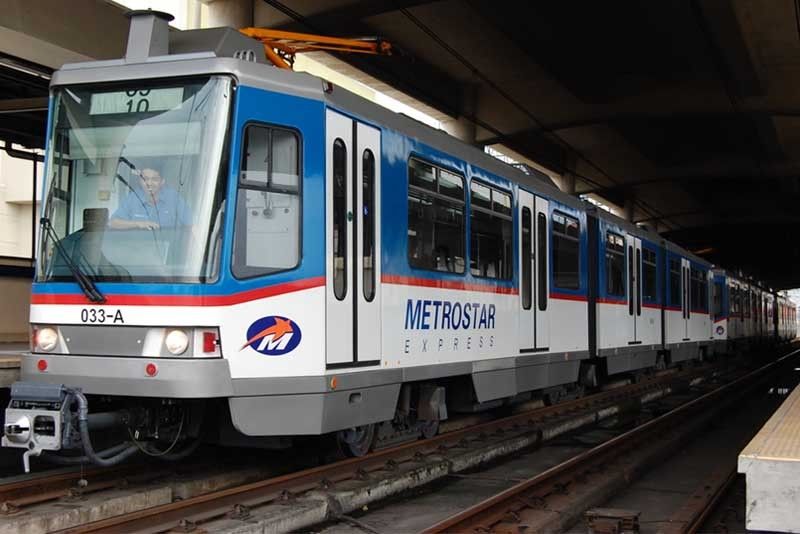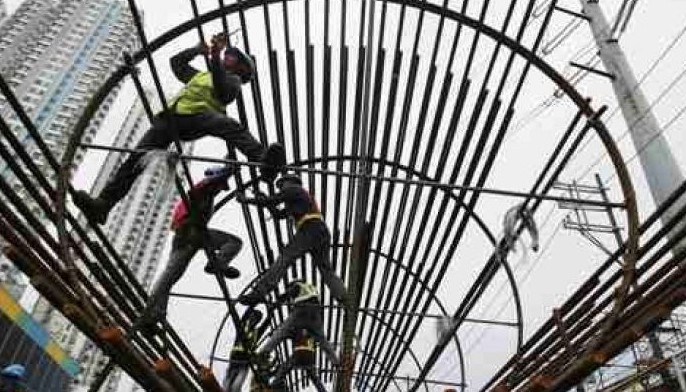China, Japan not yet done competing for Philippines’ railways

MANILA, Philippines — The rivalry between China and Japan over who will become the Philippines’ master builder of railways is far from over.
President Rodrigo Duterte plans to spend trillions of peso to bridge the Philippines’ infrastructure gap, which policymakers have qualified as a reason why one of the region’s fastest-growing economies had lagged behind its Southeast Asian peers for so long.
To reduce strain on the government’s budget, Duterte has courted China and Japan to help foot the bill for his grand infrastructure ambition, stoking a fierce competition between Asia’s two biggest economies.
Both Japan and China have pledged to help the Philippines build new railways, and Filipino officials are hoping for a speedy implementation of the projects.
At a press conference on Wednesday, Transportation Secretary Arthur Tugade said he expects Tokyo and Beijing to swiftly finish constructing the new railways to address the Philippines’ serious connectivity challenges.
“I’m a man always in a hurry... If I were in command, I would want the projects to be finished quickly,” Tugade said in a mix of English and Filipino.
“Even if the projects are backed by either China or Japan, my attitude is I’m always 'in a hurry'. Of course, being in a hurry without sacrificing quality and cost of project,” he added.
China pledges funds for PNR; Japan to finance subway
China has promised to finance the $3.21-billion Philippine National Railways (PNR) South Long Haul Line that will stretch from Manila down to the province of Bicol. According to the Department of Transportation, the contract and loan agreement for the project are scheduled to be signed during Chinese President Xi Jinping’s Manila trip in November.
Beijing also pledged to bankroll the construction of a $947.64-billion cargo train connecting Subic to Clark. The DOTr said the commercial agreement for the project was supposed to be sealed during Xi’s visit here, but the signing has been moved to a later date.
Meanwhile, the Philippines and Japan early this year signed a P51.3-billion loan agreement for the construction of the Philippines’ first subway, which aims to decongest the traffic-choked Metro Manila.
Japanese and Filipino officials are also scheduled to ink an P18-billion loan deal for the rehabilitation of the Metro Rail Transit (MRT3) on November 7. Sumitomo-Mitsubishi Heavy Industries—which has started inspecting the MRT3 ahead of the signing ceremony—will return as maintenance provider of the overcrowded rail system.
Citing data from BMI research, Bloomberg reported last February that since the 2000s, Tokyo’s infrastructure investment in the Philippines stood at $33.54 billion. On the other hand, Beijing-backed projects in the Philippines totaled $3.18 billion. — Ian Nicolas Cigaral
- Latest
- Trending




























